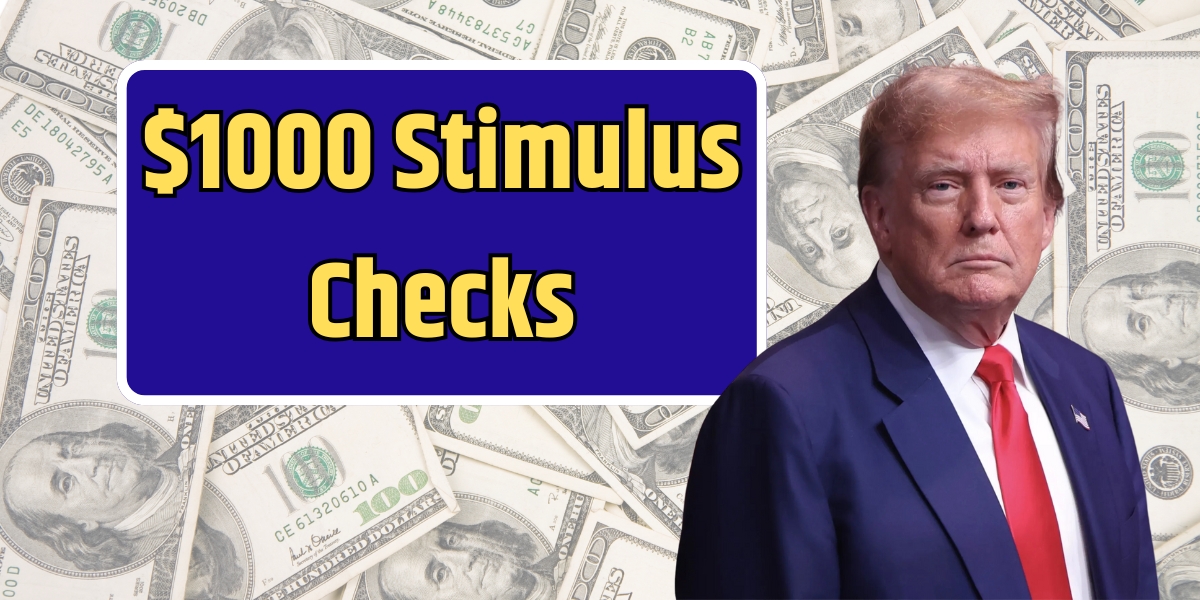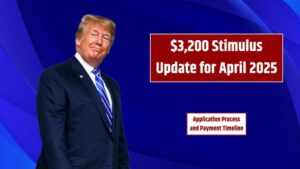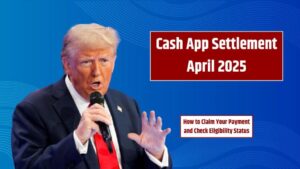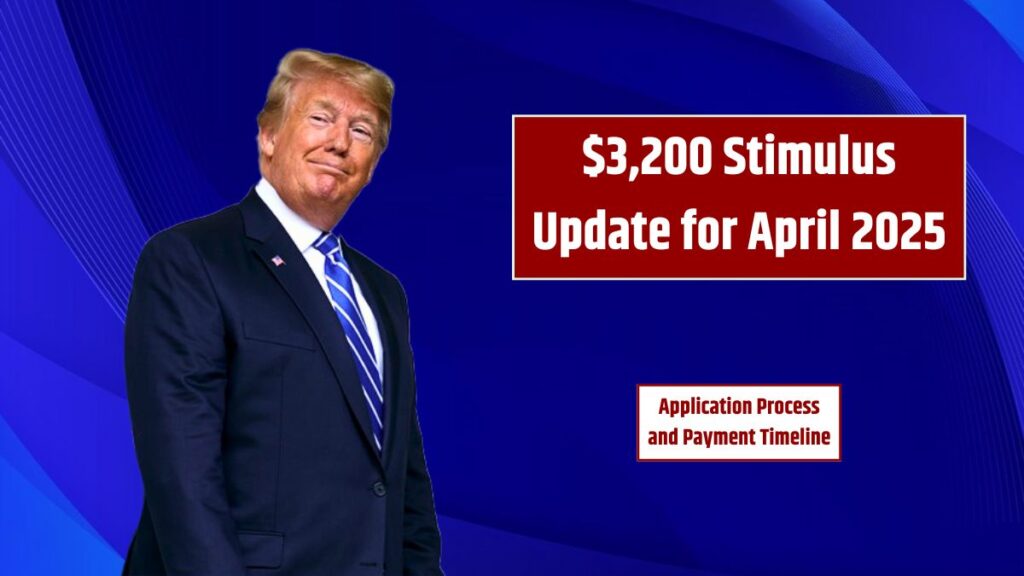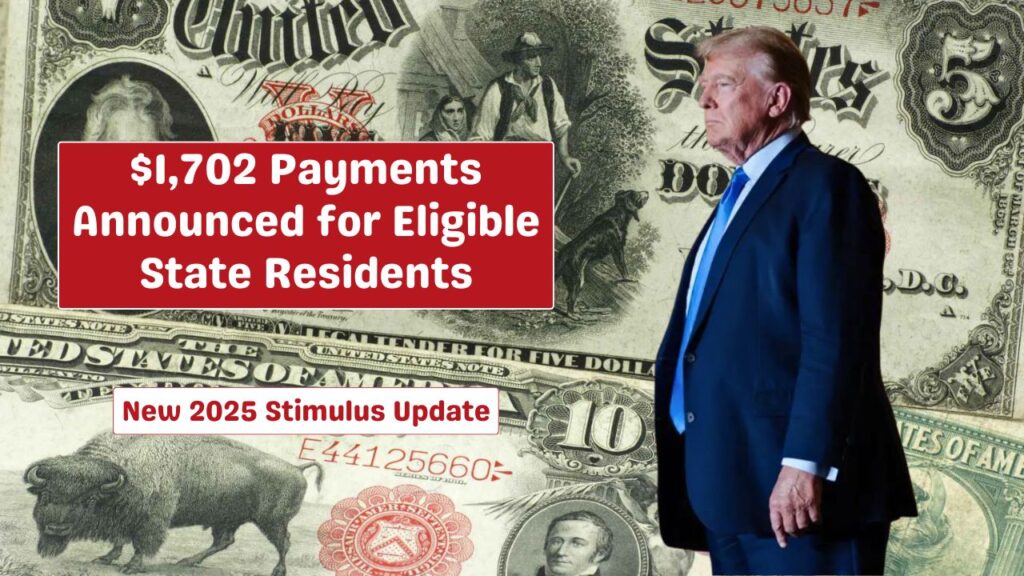Reports of a $1,000 stimulus check from the Internal Revenue Service (IRS) in 2024 have been circulating on social media, sparking curiosity and hope among Americans. However, these claims have been debunked as misinformation. The IRS has confirmed that no such stimulus payment is planned, and the rumors are fueled by manipulated content designed to mislead.
The Truth Behind the $1,000 Stimulus Checks Claim
The viral videos and posts about $1,000 stimulus checks stem from false narratives shared on platforms like Facebook. In one instance, a video using a tampered clip of CBS News anchor Norah O’Donnell falsely suggested that the IRS was preparing to distribute these payments.
Key Findings:
- Manipulated Content:
- The video used an edited segment from a legitimate news report about rising credit card debt, originally broadcast in June 2023.
- Verification by fact-checking site TrueMedia.org confirmed the video was doctored to create a false narrative.
- IRS Statement:
- The IRS has explicitly denied any plans to distribute $1,000 stimulus checks.
- No official announcement or program of this nature exists.
- Credible Sources:
- Legitimate government programs and announcements are published on credible platforms like irs.gov or reported by reputable news outlets.
IRS $1,000 Stimulus Check Overview
| Aspect | Details |
|---|---|
| Organization | IRS |
| Program Name | New Stimulus Checks (Rumored) |
| Amount | $1,000 |
| Payment Date | Rumored (Not Confirmed) |
| Mode | Direct deposit or check (If true) |
| Category | Government Aid |
| Status | Denied by IRS |
| Official Website | irs.gov |
Why Stimulus Rumors Gain Traction
1. Economic Hardship:
- Inflation and rising costs have left many Americans struggling financially.
- The memory of the COVID-19 stimulus checks has created hope for similar relief measures.
2. Manipulation Tactics:
- Scammers and opportunists spread false claims using edited videos and out-of-context information to gain social media traction.
- These tactics exploit public sentiment and financial anxiety.
3. Viral Content:
- Millions of people share these posts, amplifying misinformation and creating widespread belief in fabricated claims.
How to Identify and Avoid Misinformation
Verify Sources:
Always check credible government websites like irs.gov or reputable news platforms for accurate updates.
Fact-Check Claims:
Use tools like Snopes, TrueMedia.org, or similar fact-checking sites to verify suspicious content.
Scrutinize Content:
Be cautious of:
- Edited videos or outdated footage presented as current.
- Posts lacking links to official government announcements.
Consult Professionals:
If in doubt, seek advice from financial experts or accountants who can provide reliable information.
A Recap of Past Stimulus Payments
The U.S. government has issued three rounds of stimulus checks during the pandemic:
- First Round (2020): $1,200 for eligible individuals.
- Second Round (2021): $600 for eligible individuals.
- Third Round (2021): $1,400 for eligible individuals under the American Rescue Plan Act.
These payments were part of federal relief efforts during the COVID-19 pandemic and are unrelated to the current rumors.
FAQs
Will the IRS send out $1,000 stimulus checks in 2024?
No, the IRS has confirmed that there are no plans for $1,000 stimulus checks in 2024.
Are there any pending stimulus payments?
No, all authorized stimulus checks from the pandemic era have been distributed.
Why are these rumors spreading?
Misinformation about stimulus payments often arises from financial anxiety, edited media, and opportunistic scammers seeking attention or traffic.
Where can I find reliable updates?
Check official sources like irs.gov or trusted news organizations for accurate information.

